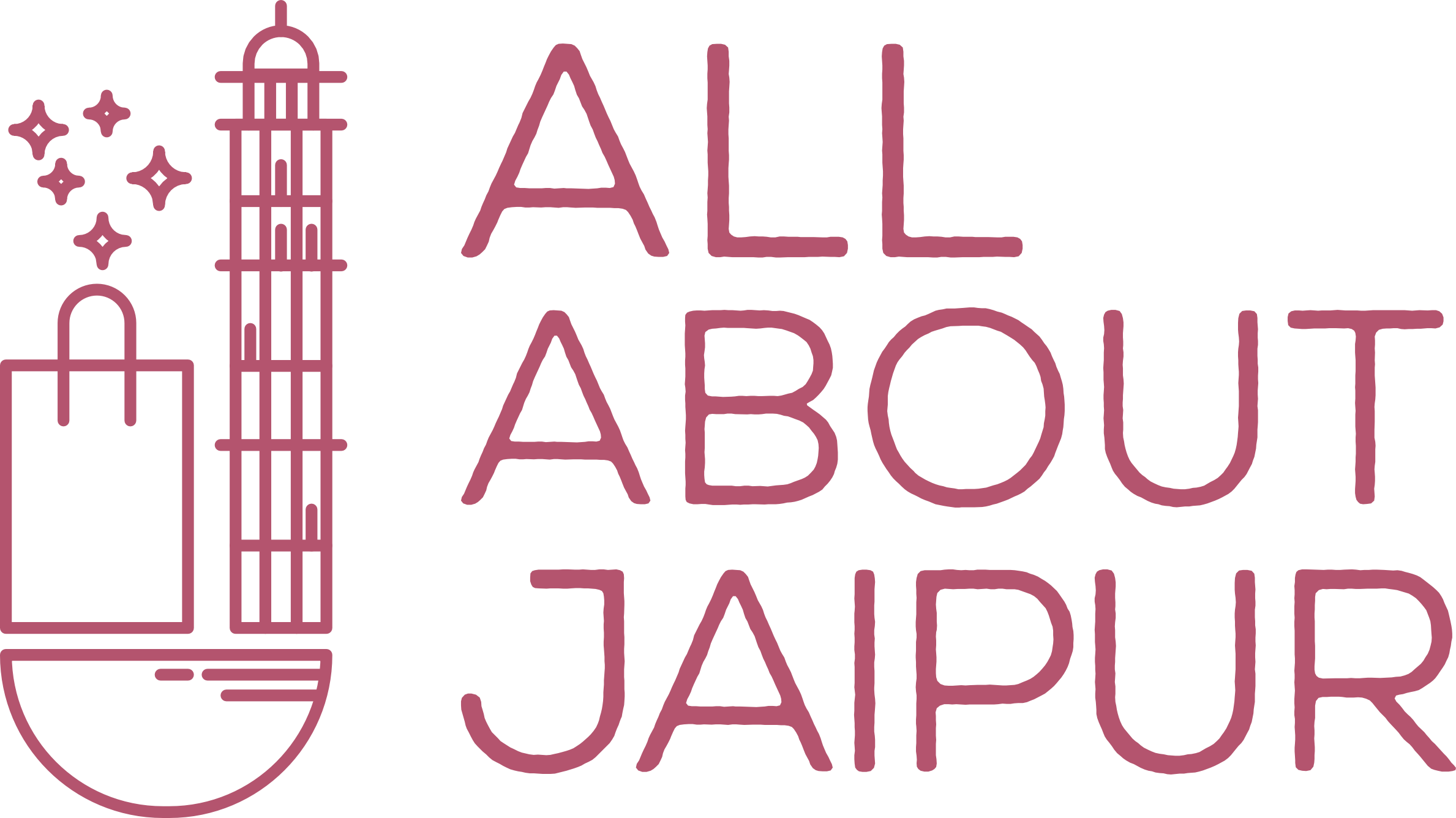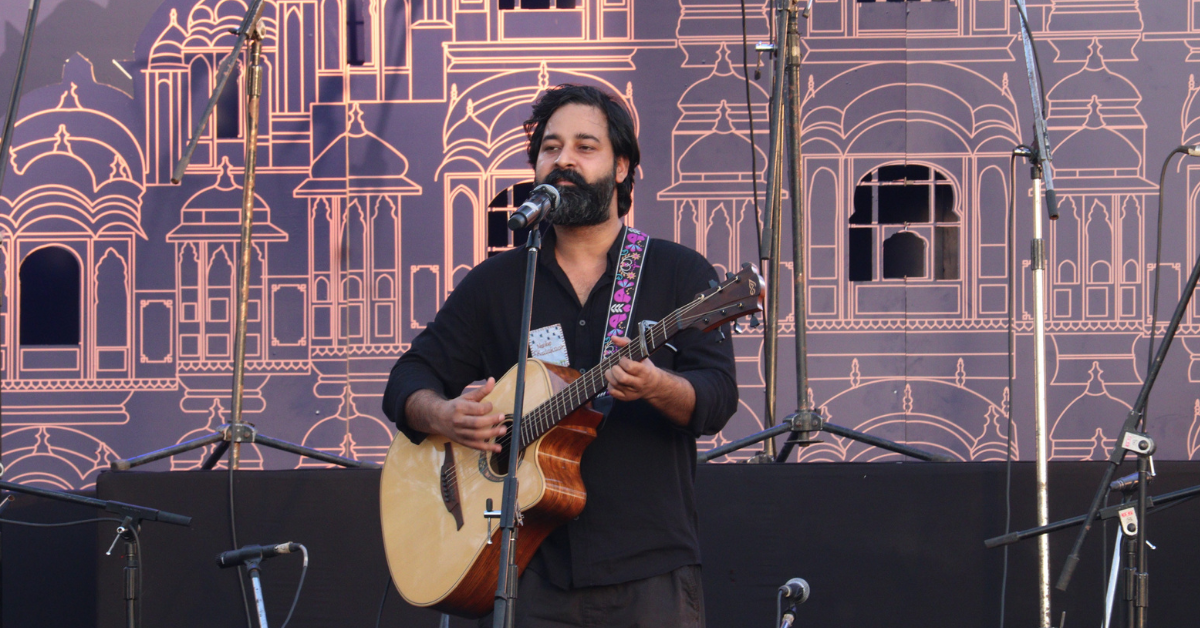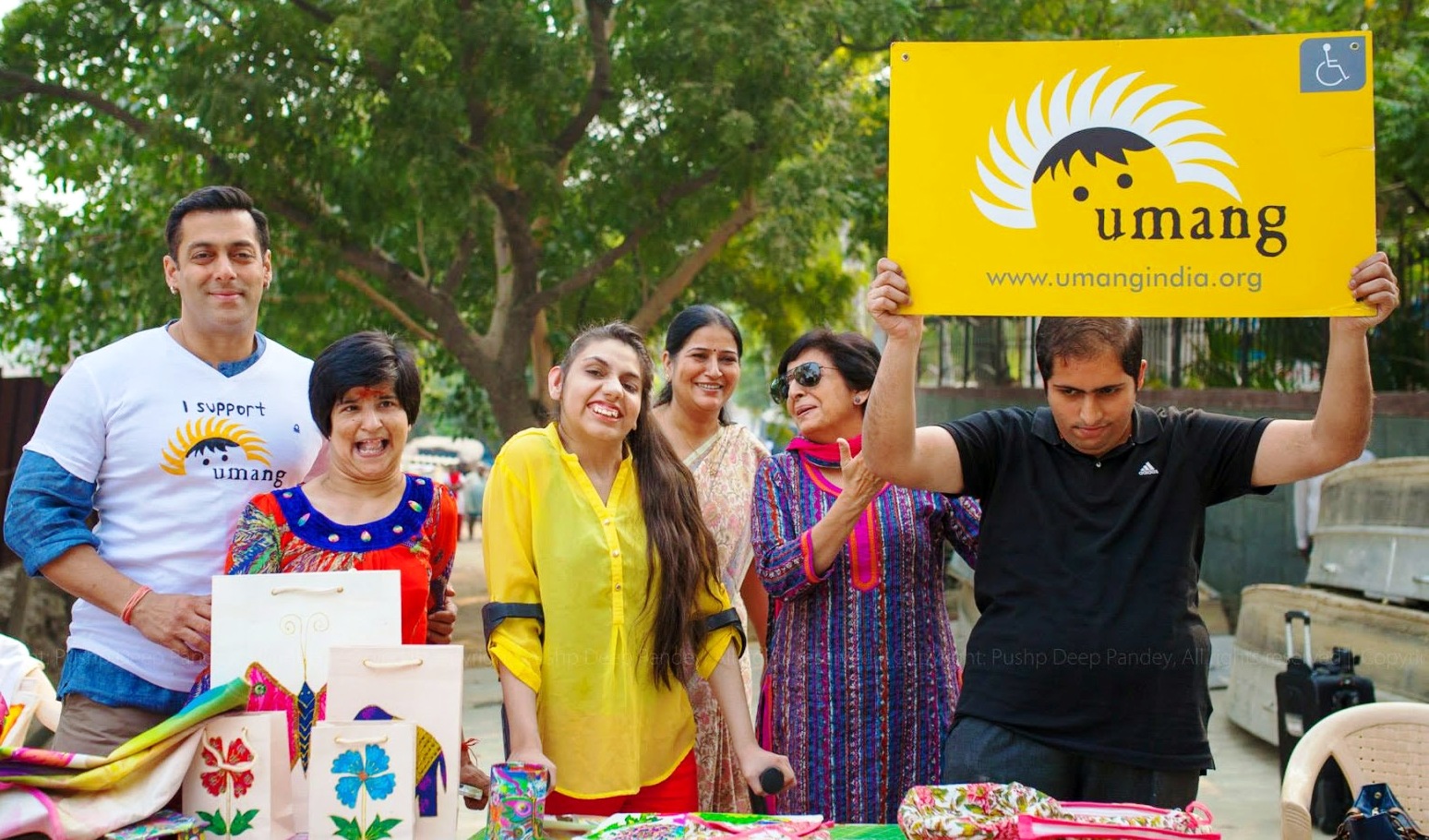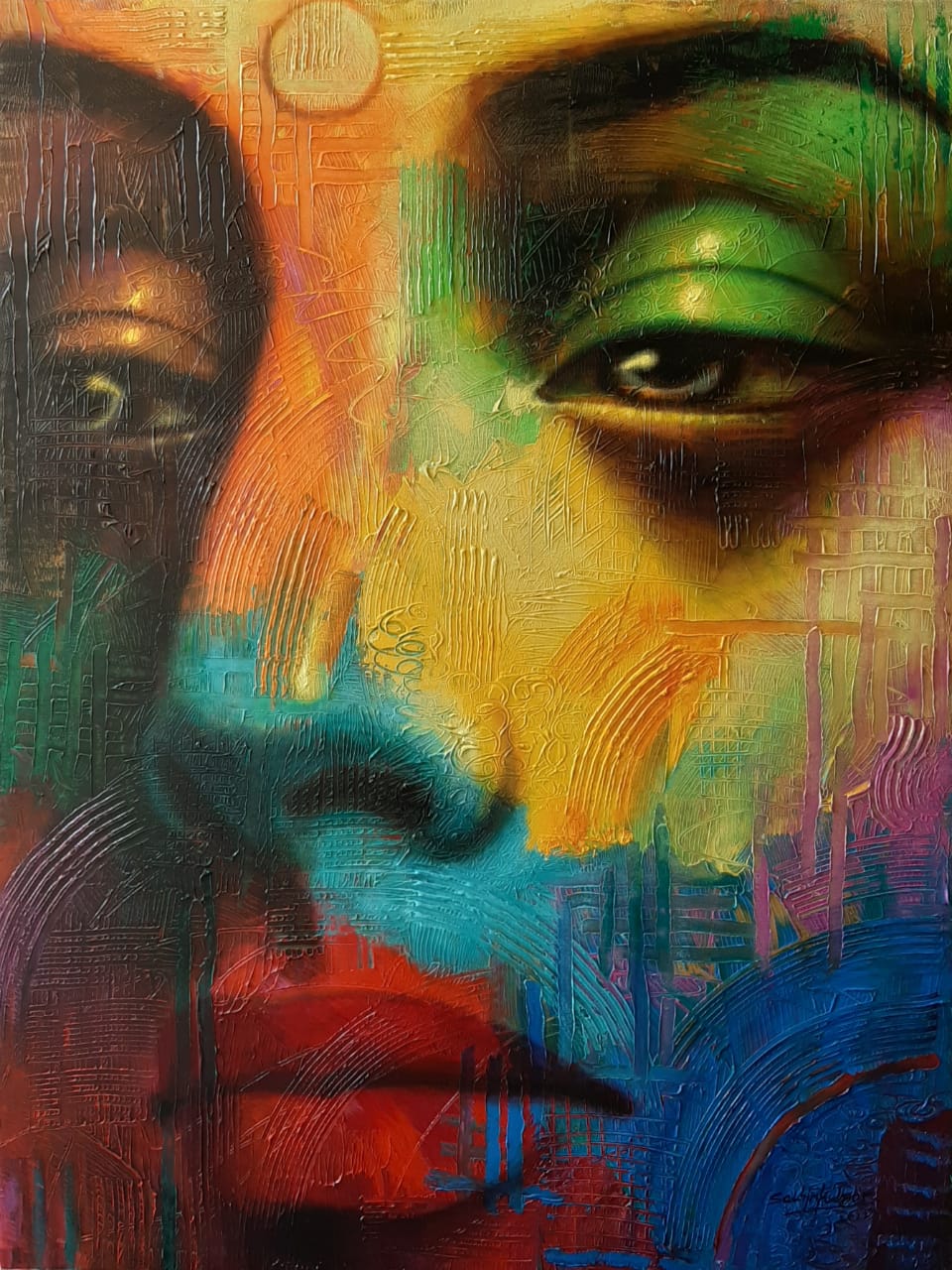On a bright November afternoon, the resplendent poolside setting of Clarks Amer came alive with a stimulating session that discussed in great detail the art of crafting a poem. The rendition of heartwarming poetry on intense themes like life, love, suffering and even death harmonized perfectly with the mellow chirruping of birds. The occasion was the book release and discussion of Jaipur-based poet, Jagdeep Singh’s poetry anthology, ‘My Epitaph’.
Published by Writers Workshop in Kolkata, the anthology comprises poems that are about a variety of topics like vagaries of life, the inevitability of death, pangs of love and even on the struggle of writing poetry. One special feature of the poems is that some of them are themed on well-known personas like Hemingway, Hamlet, Sylvia Plath and Yossarian, the protagonist of the well-known novel, Catch-22.
In conversation with Mumbai based actor, singer and songwriter, Suhaas Ahuja, the poet highlighted various points related to the writing of poems, how confessional poetry differs from subjective and objective poetry, the cathartic effect of writing and reading poetry, misery as a muse, among other aspects of poetry.
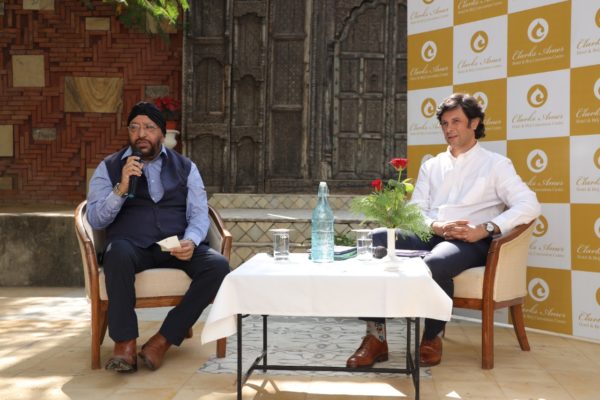
Objective, Subjective and Confessional Poetry
A distinctive characteristic of Singh’s anthology is that it has a mélange of objective, subjective as well as confessional poetry. Throwing light on the distinction between objective and subjective poetry, Singh said that the former is essentially impersonal in nature. TS Eliot, Ezra Pound, WH Auden hailed from this genre of poetry and never wrote about their personal sufferings. Even though subjective poets like Wordsworth, Keats and Shelley wrote about their personal feelings, they never articulated suffering in their craft. With the confessional breed of poets like Sylvia Plath and Anne Sexton, themes like heartbreak, pain, relationship problems, domesticity problems and even mental illnesses found their way into poetry. Even though confessional poetry is a type of subjective poetry, the confessional poets did not treat any subject as taboo.
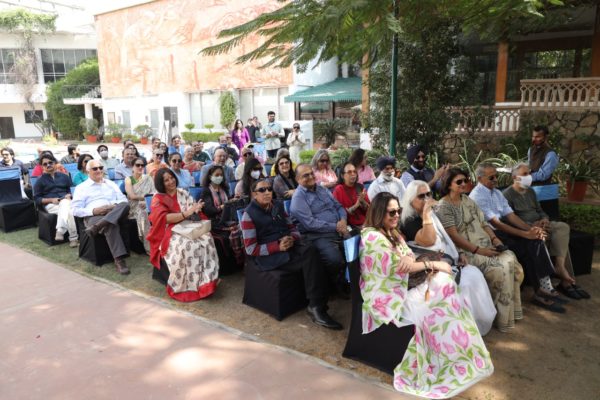
The Poetic Form
Talking about the technique and form of writing poetry, the poet revealed that how with the advent of modern poetry, the rules of poetry were not paid much heed to. “Modern poets started writing in free verse. But a poem needs to have a basic rhythm, even if it doesn’t rhyme. One can use literary devices like alliteration, metaphor, symbolism, refrain, repetition etc. to lend a poetic quality to one’s verse. Small poems comprising just 2-3 lines have also gained currency among young poets and are quite popular on online poetry portals”, shared Singh.
Poetic License
While answering a question on why the poet chose poetry as his medium of expression, Singh said that poetry has a license that other genres of writing don’t. This makes it easier for the poet to convey his feelings and thoughts by way of imagination and the interplay of words. The same facility is not available to playwrights and novelists. For instance, in one of his poems ‘Hamlet’, the poet imagines himself as the spirit of the Shakespearean character Hamlet which comes over the city of Denmark and is zapped by the hoarding of Nike with the tagline ‘Just Do it’. The poem juxtaposes the perennial dilemma of Hamlet’s life, ‘To Be or Not to Be’ with the outlandish way of life today.
Earlier the anthology was released by the Former Rajasthan tourism Minister, Bina Kak, President, Jaipur Citizen Forum, Rajiv Arora, Actor and singer, Suhaas Ahuja and MD, Clarks Group of Hotels, Apurv kumar.
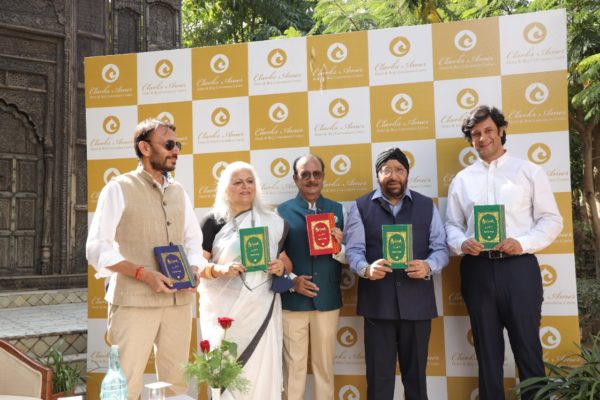
Tusharika Singh
Latest posts by Tusharika Singh (see all)
- Music experiences in the Pink City - January 11, 2025
- Jaipur Literature Festival 2025 Announces First List of Speakers for Landmark 18th Edition - December 3, 2024
- From Rejection to Recognition: Jaipur’s Abhishek Mudgal joins NSD as stage manager - December 2, 2024
